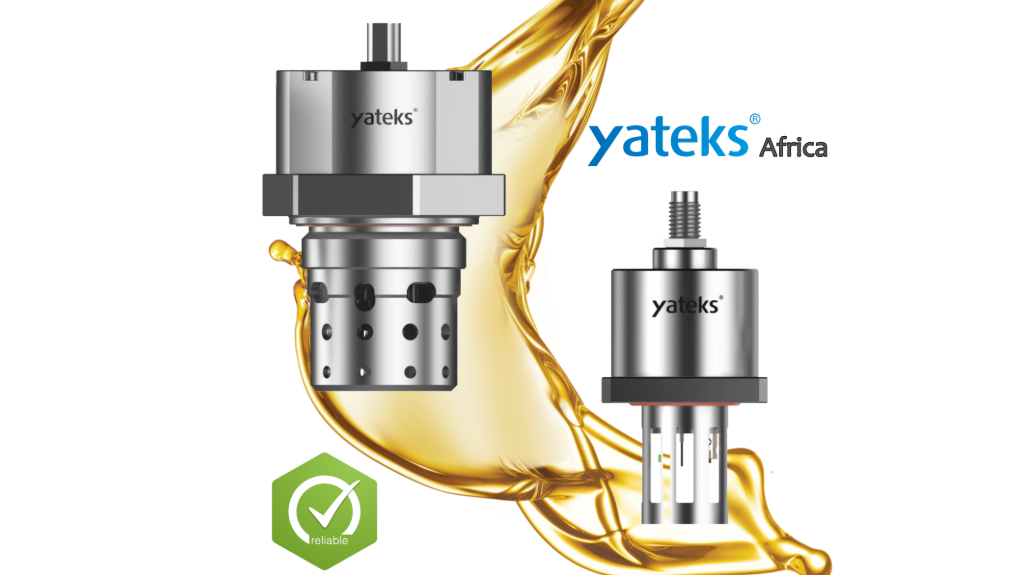Industrial equipment supplier ISO-Reliability Partners is introducing an innovative solution to the petroleum industry and fuel market in South Africa, to reduce and, eventually, eradicate fuel adulteration, or spiking, and selling diesel fuel ‘blends’ disguised as pure fuel.
The ISO-Reliability Yateks real-time sensor enables petroleum industry players to monitor fuel and oil quality, making it easy to identify illegitimate fuel and/or oil products or ‘blends’ that are flooding the fuel market, says ISO-Reliability Partners CEO and founding member Craig FitzGerald.
The Yateks six-in-one sensor provides continuous real-time analysis and reporting on fluid viscosity, density, dielectric constant, water moisture measured by parts per million, water volume measured by percentage and fluid temperature.
“Yateks Africa offers a combination package that incorporates fluid cleanliness standards, specifically International Organisation for Standardisation (ISO) 4406 and National Aerospace Standards (NAS) 1638,” he adds.
The Yateks system enables users to program alarm limits to automatically detect when fuel parameters are found to be outside of the minimum quality specifications. Data is transmitted in real time to a 7-inch touchscreen display with rendered graphs for each fuel quality parameter.
FitzGerald says eradicating the phenomenon of fuel adulteration in South Africa is also supported by the South African Petroleum Retailers Association (Sapra) and the Department of Mineral and Petroleum Resources (DMPR), as various fuel retailers have been unwittingly involved in the illicit trade of diesel and petroleum.
The DMPR, then the Department of Mineral Resources and Energy, conducted research at filling stations throughout South Africa earlier this year, which proved that various samples of diesel were watered-down versions of the original product. When analysed, the department found that 70 out of 1 000 samples contained a combination of diesel and illuminating paraffin.
“Unscrupulous operators know that the situation is very difficult to monitor, and . . . the DMPR and the South African Revenue Services (Sars) simply do not have enough inspectors on the ground. It is also very difficult to monitor from a retail perspective, as the mixing happens at depots before the product reaches retail filling stations,” explains Sapra vice chairperson Lebo Ramolahloane.
For this reason, a product, such as the Yateks Diesel Quality sensor, is ideal for the South African petroleum industry, as it can detect irregular fuel and automatically inform re-sellers and/or authorities.
FitzGerald says the Yateks solution ties in with the vision of protecting the interests of consumers and the tax revenues of the State.
Going forward, he asserts that the Yateks solution – once implemented – will become a watchdog or an “electronic policeman”, to assist in enforcing the stipulations and regulations set out by the DMPR, Sapra and Sars.
Edited by: Nadine James
Features Deputy Editor
EMAIL THIS ARTICLE SAVE THIS ARTICLE
ARTICLE ENQUIRY
To subscribe email subscriptions@creamermedia.co.za or click here
To advertise email advertising@creamermedia.co.za or click here













